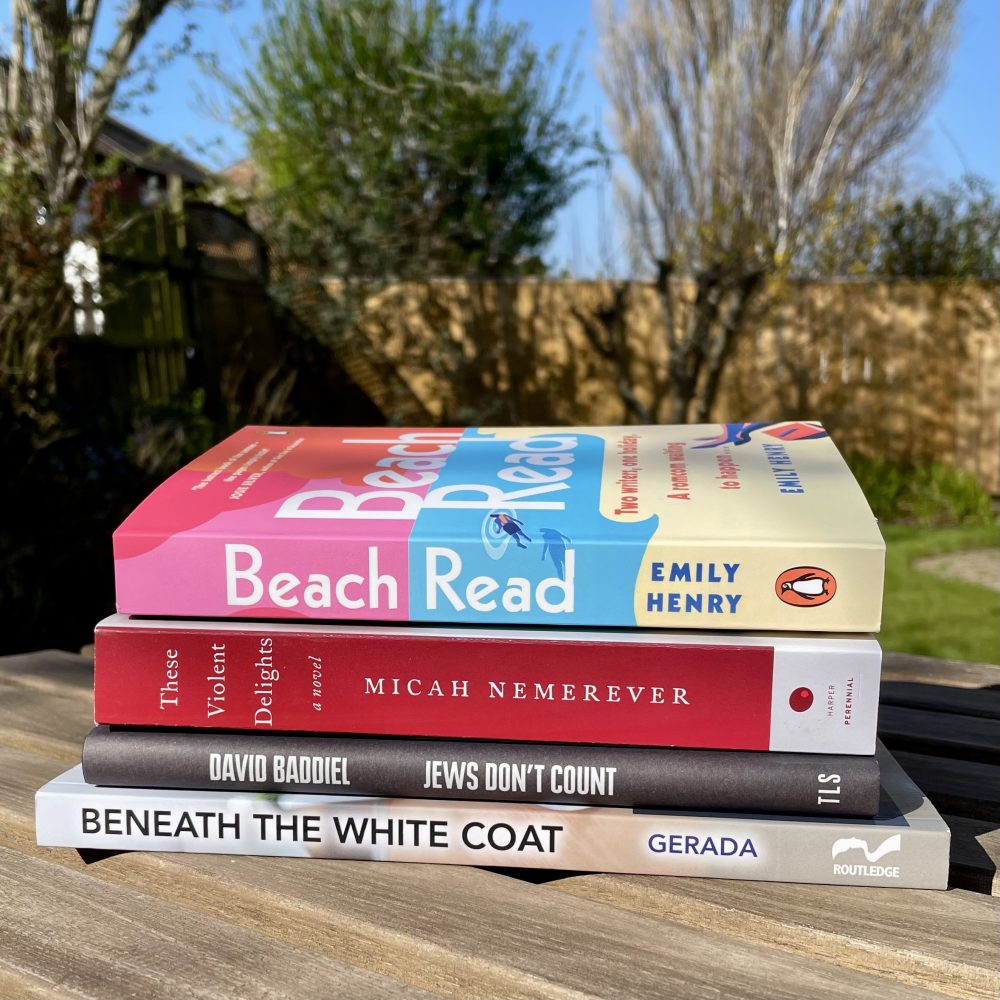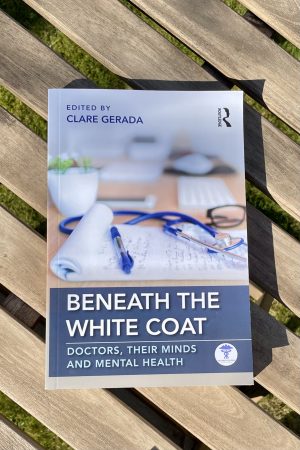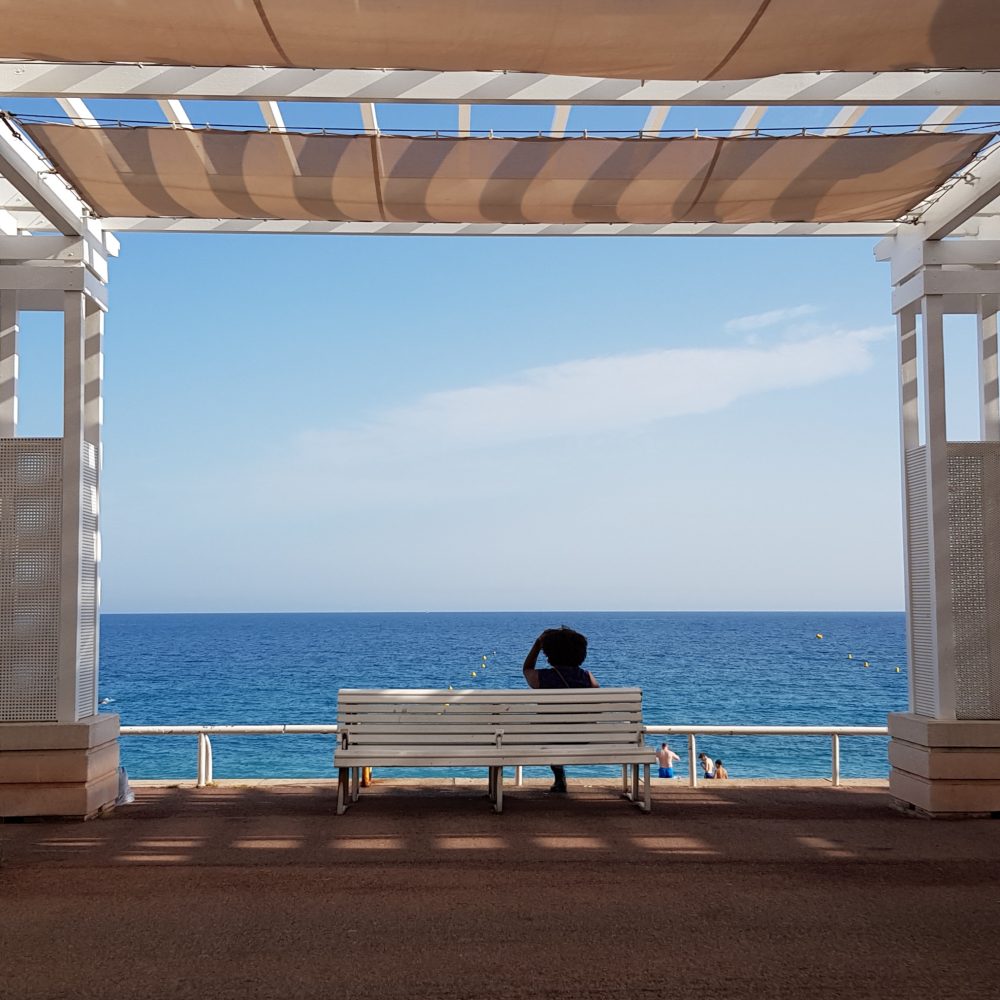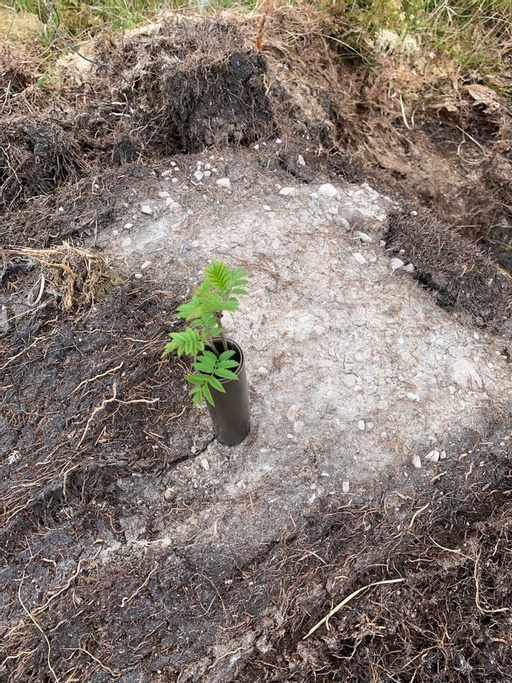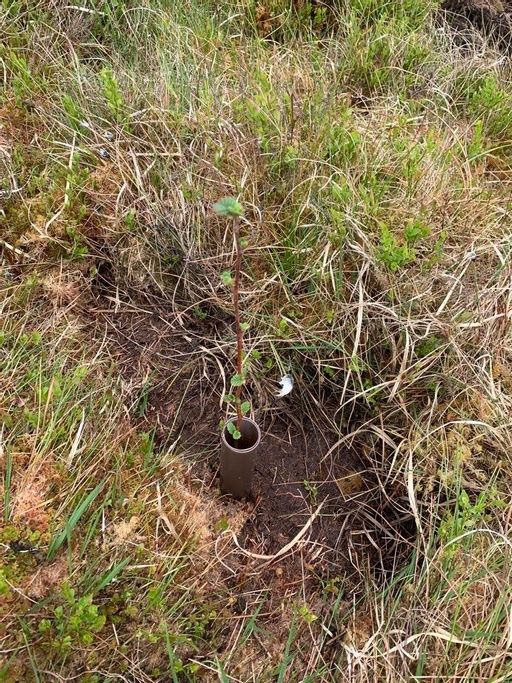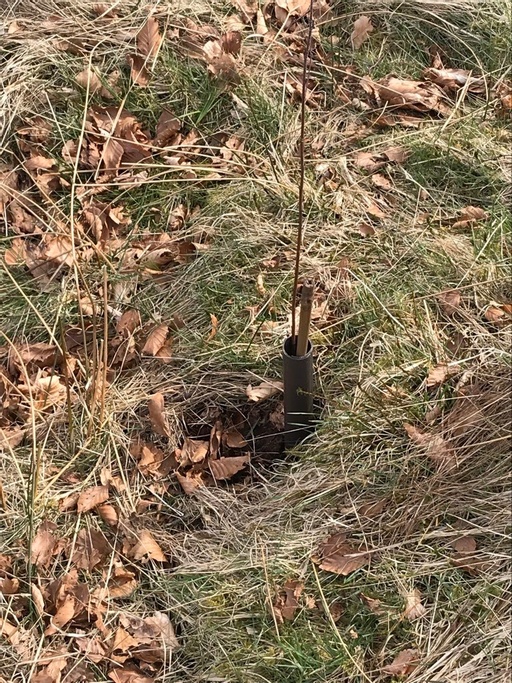31 things I learned in March 2021
2: Annie in Michael Jackson’s Smooth Criminal is a resuscitation dummy.
5: The national curriculum is blamed for primary school lessons being filled with jargon and acronyms.
6: Hotter summers mean wine has more alcohol by volume due to “the build-up of sugar in grapes, which yeast converts to ethanol.” And ABV labelling has wide tolerances, which means that “a wine with 12.5% ABV on the label could be anything between 11% and 14% in reality.”
I was surprised by the wide tolerance on alcohol labelling, but I really shouldn’t have been.
When I did my ready meals research a decade ago, I was surprised at the wide tolerance on nutritional labelling, which makes anything other than broad-brush calorie counting utterly pointless.
At that time, there was a legal tolerance of +/-20% in calorie labelling, meaning that someone could stick rigidly within their (say) 1500kcal daily target according to the packaging and still be a couple of Mars bars over their target.
Yet even that is an overstatement of accuracy: the tolerance of 20% could in fact be applied to the unprepared ingredients rather than the product as sold, so food could in fact be way more than +/-20% by the time they reached our stomachs.
So it really would be impossible for anyone to count calories accurately, just as it now seems it’s pretty hard for people to monitor their alcohol intake with precision.
8: There’s a special exemption to the rules for carrying liquids in hand luggage for pesto.
11: The British people have “widespread admiration and affection” for Boris Johnson. It’s baffling to me that someone as respected as Allegra Stratton would chose to take a job where she’s having to debase herself with nonsense like that.
12: Airlines have their own trademarked scents: for example, ‘Calm’ for Delta, ‘Landing’ for United and ‘Ocean Citron’ for Alaska Airlines. Verizon has a trademarked ‘flowery musk’.
13: A book I thought was rubbish has been made into a film the NME thinks is rubbish. I think I’ll give that one a miss.
14: Some English schools think it appropriate to use a teaching resource “that tells girls their role is to be ‘receiver-responders’ in their relationships with men, that discourages the use of contraception, and tells young gay and lesbian people that there is no way for them to marry or express their love for another person”. And the Government’s response is that “it is for schools to decide which resources they choose to support the teaching of RSHE”.
17: Yo-Yo Ma gave an impromptu performance after receiving his second dose of the covid-19 vaccine.
18: Counting isn’t always helpful. I’ve been frustrated recently by a circular conversation about covid-19 “outbreaks”. I’m often asked to enumerate the current number of “outbreaks”: but defining individual “outbreaks” in the context of widespread community transmission is fairly arbitrary. Cases generally have multiple sites of possible disease acquisition, and may pass on their illness in a number of settings. There isn’t a point source to eliminate, nor is the disease rare enough to identify with a high degree of confidence chains of transmission.
So the only logical response is to ask why someone wants the figure, so that I can help them define the measure that best answers their question: the measure will be different, for example, if one is interested in pressure on the public health response, than it would be if one is interested in a proxy measure of the number of sites of community transmission. The answer, repeatedly, seems to be “the reason for the measure is not your concern, just count them!”
And it feels like the only two possible responses to that are 🤬 or 🤷♂️.
19: Laughter is important. I laugh a lot, especially at work. This is something I never really realised about myself until it was pointed out to me: I am someone whose first reaction to corporate nonsense is most likely to be belly-laughter, with frustration only tending to set in later. I often revel in the absurdity of the world of work, and I know I need a break when I stop seeing the silliness in the world.
20: I was thoroughly depressed today to see adverts up around Newcastle telling men not to ask women for directions and to cross the street to avoid walking near women.
This is such a tangled web of a situation. It is horrific to hear of the violent attacks that people inflict on other people. It’s horrendous that women live in fear every day. It’s awful that many men live with similar fears but are unable to express them. It’s upsetting that people’s level of fear—high or low—is often divorced from the statistical risk they face. It’s hard to explain the lack of focus on male/male violence, which some experience as victim blaming or as men being expendable.
Most of all, it’s regrettable that fear stemming from inhumane violence is allowed to drive a wedge between us and make all of us a little less human as a result.
21: What’s the point of London City Airport? I’ve used it a couple of times and—it seems— liked it more than Jonathan, but it is hard to argue that perhaps it’s an idea whose time has passed.
22: In my experience, most people who work in health—and especially in public health—have a deep-seated passion and drive to do the right thing for patients or populations. Opinions on what “the right thing” is vary, of course, and that can be a source of profound disagreement.
Today I was reminded that some don’t share that passion: some have a natural focus on processes, not people. And those are important people to have around because processes are important, and—from the perspective of the patient-focussed people—robust processes support good outcomes for patients.
Nevertheless, the cognitive load of talking things over with someone who approaches their work from such a different angle is high, and it’s hard not to give into a cognitive bias that nags away suggesting that the other person just doesn’t get it… particularly when they are in a more senior role.
23: Times New Roman appears on the face of some luxury watches.
24: In what may be a new world record, the National Institute for Health Protection has been abolished before it even existed, replaced by the UK Health Protection Security Agency.
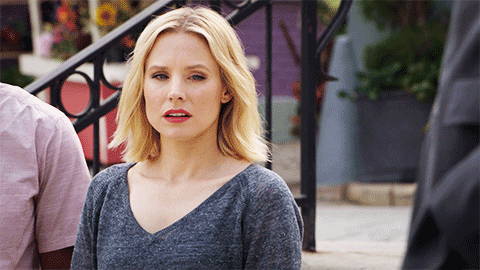
25: Some days, my job appears to involve making YouTube videos at home. Does this mean I’m an influencer now?
29: Here’s some advice that has become commonplace: don’t sleep with your phone next to your bed. Picking up a screen first thing in the morning it not good for anyone’s mental health, but some people need a phone by the bed for emergencies. There’s no need to use the alarm on it, though.
I started using my phone as my alarm clock when I first got a Blackberry, which required daily charging and even came with a ‘nightstand’ dock which turned it into a bedside clock. I stopped about a decade ago, when I realised how much I valued a couple of minutes of allowing myself to wake up without that sort of input: we got a clock radio instead.
These days, I’m woken by FiP on our Sonos system, because in 2019 the feverish radio chatter about Brexit became too much to handle first thing. At first, the timechecks being an hour ahead made it a little more… alarming! Though we ended up enjoying it so much, we now listen in the kitchen in the morning too. Contrary to common speculation about immersion in other languages, I can confirm that our French hasn’t improved.
30: This thoughtful reflection on the Oprah/Meghan interview is worth reading. Possibly more so than the interview itself.
31: Richard Wilson, the former Cabinet Secretary, says that one method of dealing with the initial stages of a crisis is to announce a COBRA meeting for later in the day, giving the impression of seizing control while allowing time to gather information and get ducks lined up. This is, more or less, the same approach I’ve long used to scheduling Incident Management Team meetings at work.
This post was filed under: Posts delayed by 12 months, Things I've learned.
